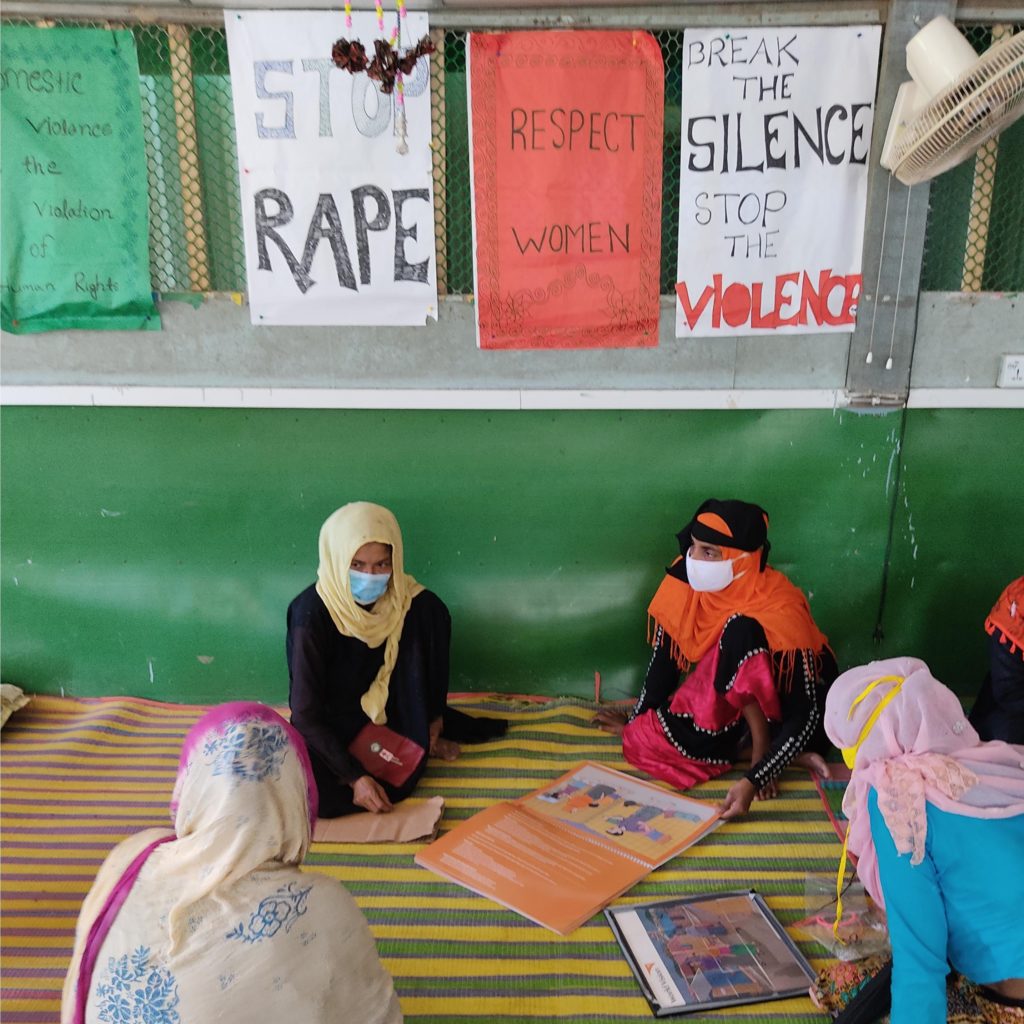Written by Jennifer Porter with support from World Vision Bangladesh

World Vision is a federation of Christian humanitarian organizations that partner with children, families, and their communities in 100 countries to tackle the causes of poverty and injustice. Each country office works autonomously under the ‘Our Promise’ covenant, which frames the strategy for the whole federation. In their roadmap to 2030, World Vision partners agreed for the first time that Gender Equity and Social Inclusion (GESI) should be a foundational principle of the Promise.
GESI is a multi-faceted process of transformation that promotes the equal inclusion of women, girls, and other marginalized groups in participation and decision-making in development initiatives. The big question is how to do this – what processes and procedures should be implemented, how should staff and communities be trained to do this work?
Vista Hermosa Foundation is partnering with World Vision Kenya and Bangladesh as examples and leaders for the whole federation, and other non-profits around the world, to answer these questions. In Bangladesh, World Vision is working with Rohingya refugees in Cox’s Bazaar.
The Rohingya are a predominantly Islamic ethnic group from Western Burma. In 2017, the Myanmar military conducted a ‘clearance operation’ to remove the Rohingya from their ancestral home. Many fled to Bangladesh. The trauma of military and ethnic violence, relocation to refugee camps, COVID-19 lockdowns, and seasonal floods have led to increased family-based violence and the neglect of children. Within Cox’s Bazaar, World Vision is working with men and women religious leaders to link gender-based violence materials with the Quran, creating a new gender awareness within a relevant religious framework. These leaders reinforce the Islamic idea that no person should be dominated.
Senowara Begum is a 35-year-old Rohingya woman living in Cox’s Bazaar. She began participating in World Vision’s projects to receive gas service and training in hygienic cooking. While she was in the training spaces, she also received information about gender-based violence, early marriage, forced marriage, and rape. The message affected her in a powerful way:
“I didn’t know this message well before having this orientation and session. Now I know and let others community members know this message.”
With her knowledge Senowara has been able to stop 2 child marriages and 1 forced marriage where a man was bribing an adolescent with money and cosmetics on her block. She raised her voice to convince her neighbors to stop these marriages. At first her neighbors were angry and resented her for stopping the marriages – they felt this was a good opportunity for their daughters and families, and that Senowara was harming their futures. Senowara remained calm and persistant, using tools she learned with World Vision facilitators to discuss what she had learned, and explaining again and again the consequences for their daughters, until they understood.
Now Senowara has a good relationship with her neighbors. They see her as a trusted person who provides an important service for the community and realize how early marriage will harm their daughters.
